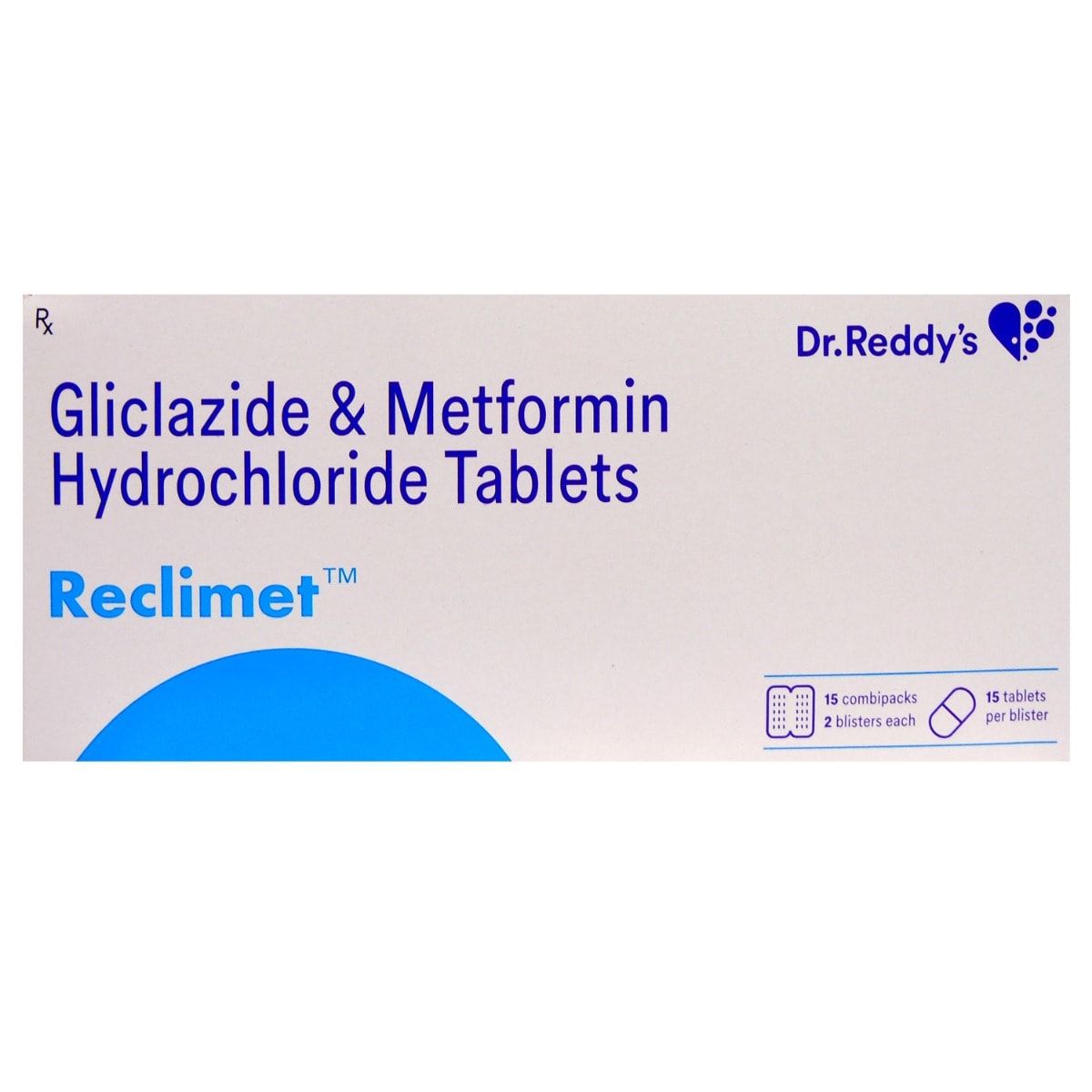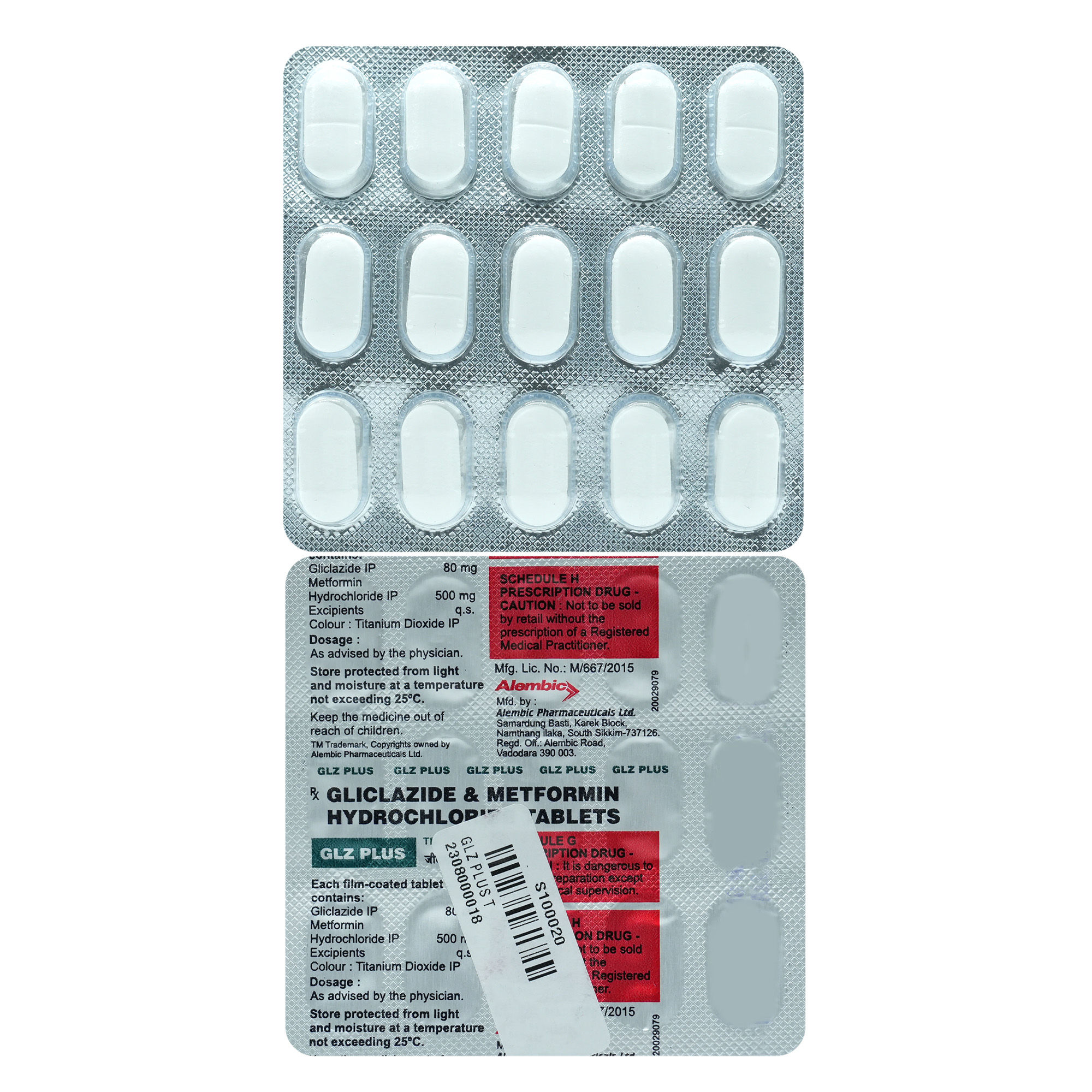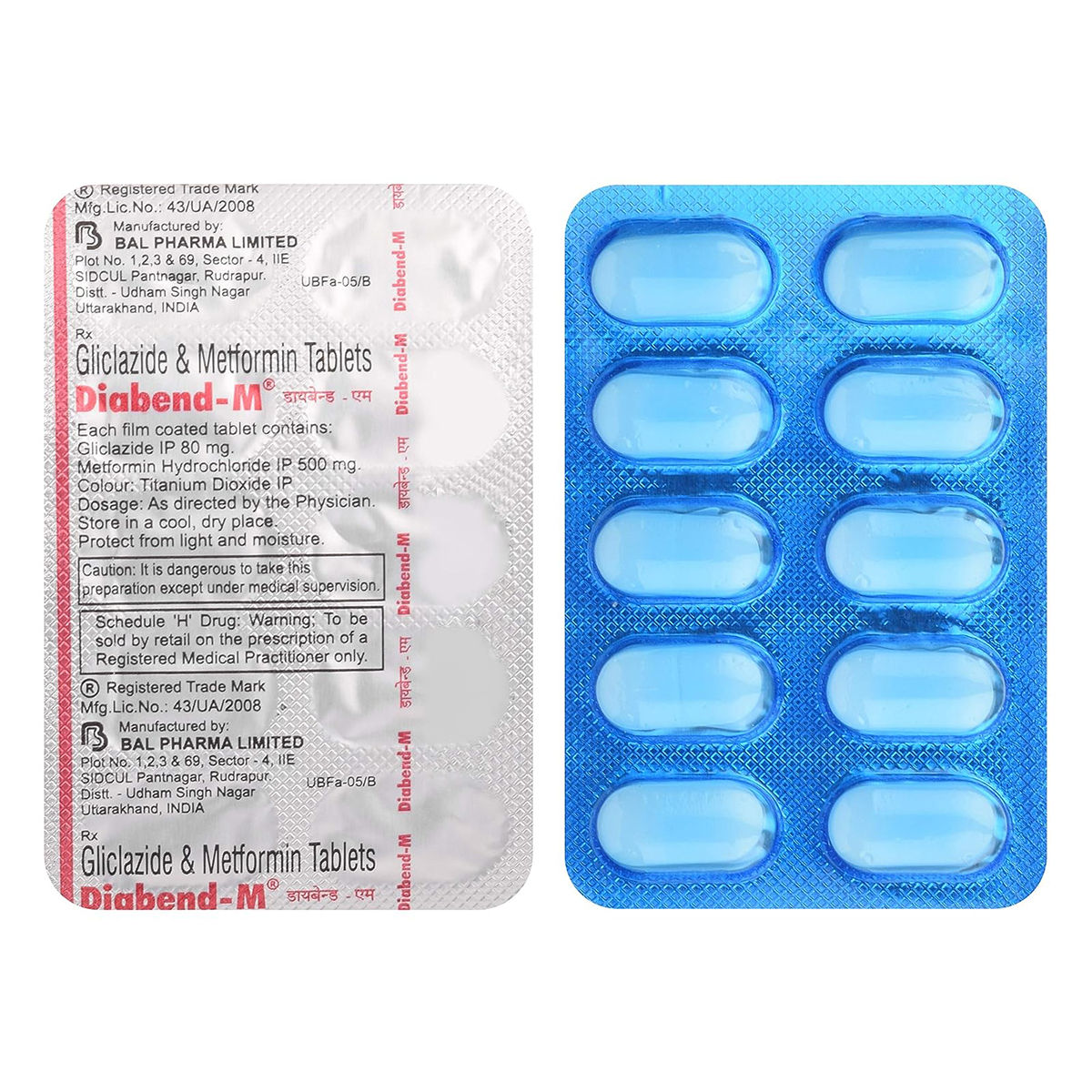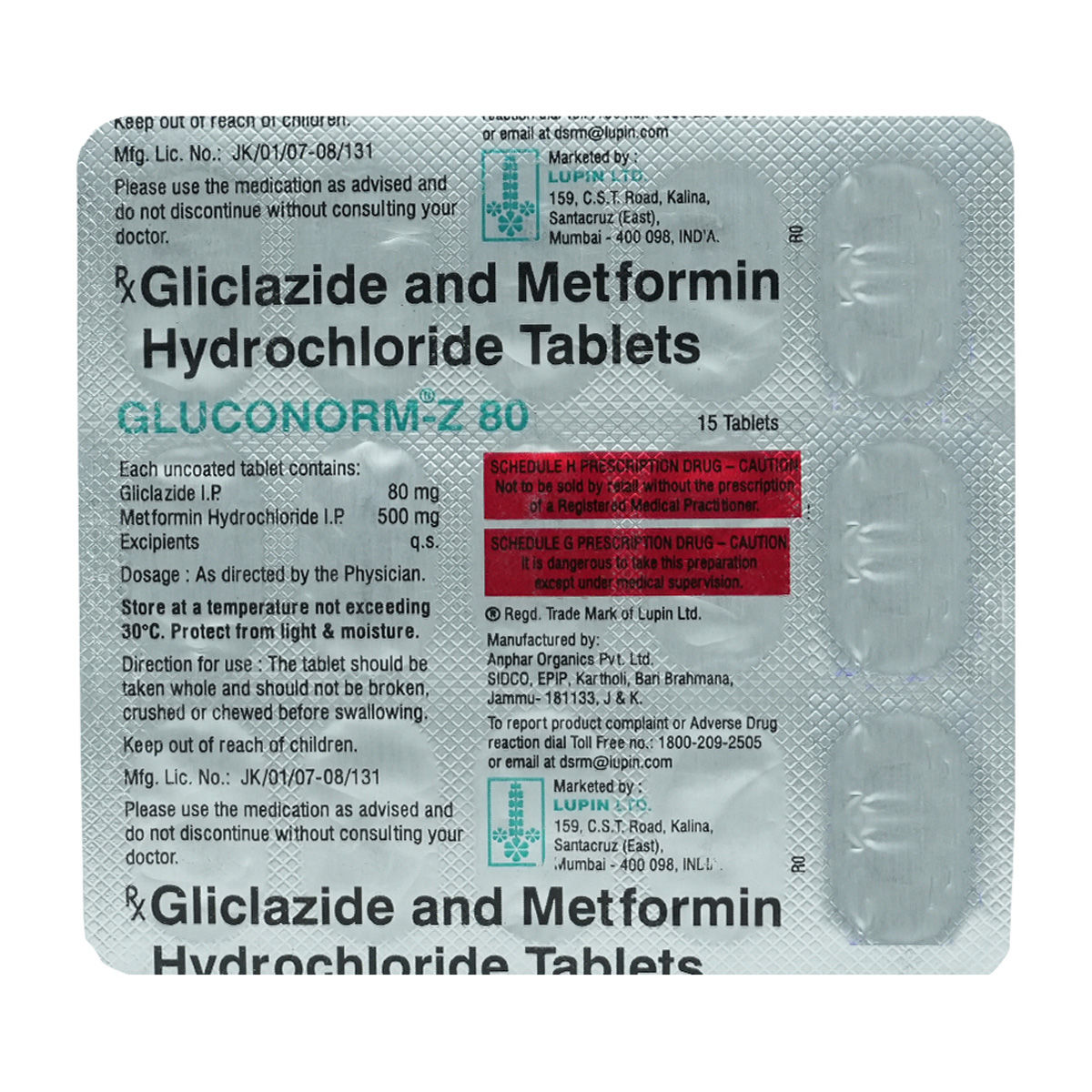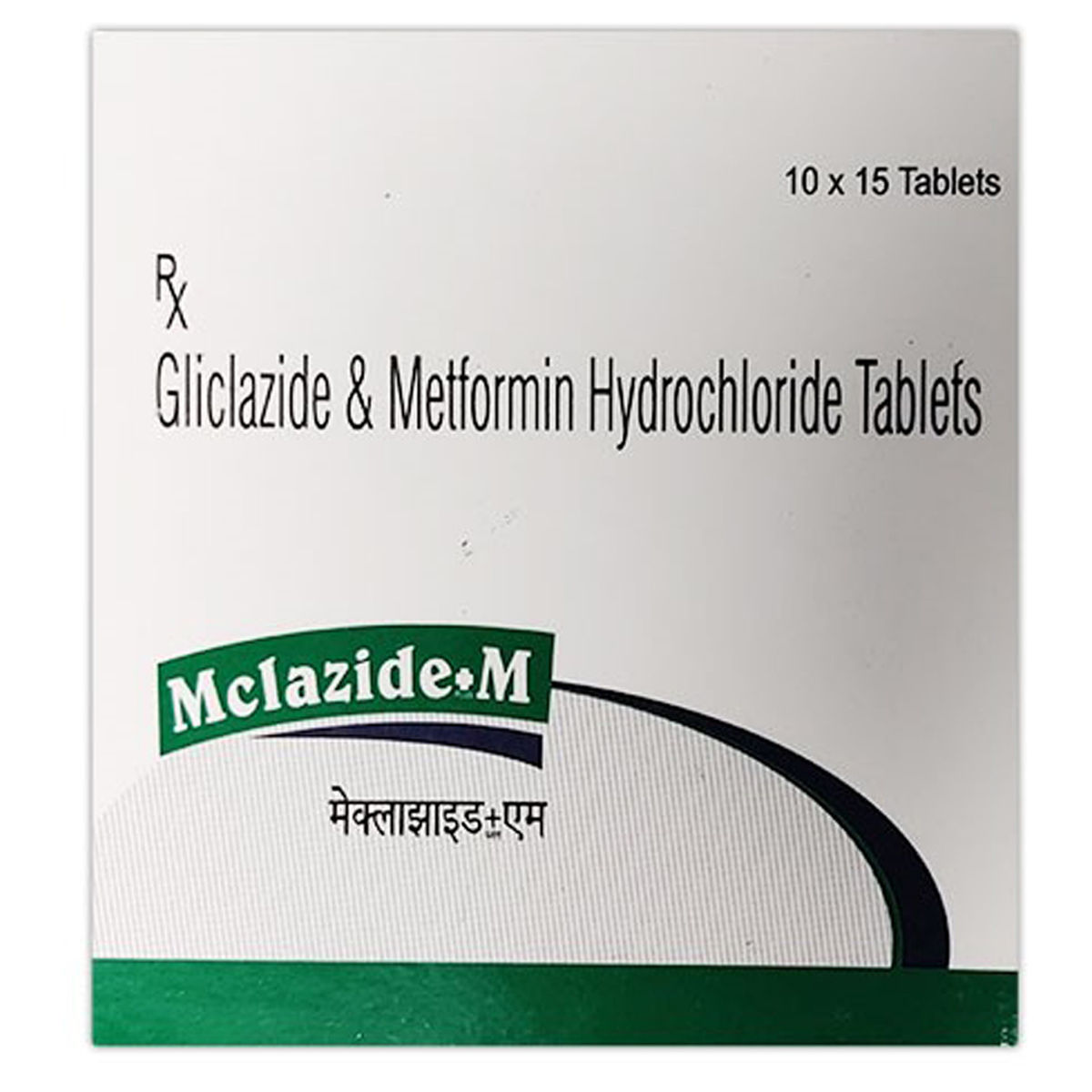Geemet Tablet 10's
₹63*
MRP ₹70
10% off
₹59.5*
MRP ₹70
15% CB
₹10.5 cashback(15%)
Free Delivery
With Circle membership
(Inclusive of all Taxes)
This offer price is valid on orders above ₹800. Apply coupon PHARMA10/PHARMA18 (excluding restricted items)
Know Your Delivery Time
Provide Delivery Location

Available Offers
 Prescription drug
Prescription drugWhats That

Secure Payment

India's Most Trusted Pharmacy

Genuine Products
Composition :
Manufacturer/Marketer :
Consume Type :
Return Policy :
Expires on or after :
About Geemet Tablet
Geemet Tablet belongs to a class of medicine known as an anti-diabetic. It is primarily used to treat Type 2 diabetes. Type 2 diabetes is a chronic or lifelong condition affecting how your body processes glucose. People with type 2 diabetes either do not produce enough insulin, or if at all the insulin is produced, it is unable to perform its function in the body (insulin resistance). Due to this, the blood glucose level increases and symptoms such as frequent urination, increased thirst and increased hunger start. It can lead to serious complications like skin infection, eye problems (retinopathy), nerve damage (neuropathy), diabetic foot (foot ulcer), kidney disease (nephropathy), high blood pressure, and even stroke.
Geemet Tablet is a combination of two anti-diabetic drugs: Gliclazide and Metformin. Gliclazide is a 'sulfonylurea' which acts by increasing the amount of insulin released by the pancreas. On the other hand, Metformin, which is a 'biguanide', works by lowering the glucose production in the liver, delaying glucose absorption from the intestines and increasing the body's response to insulin. In a nutshell, the two medicines prevent blood glucose levels from rising to very high levels, thus keeping your Diabetes under control. Geemet Tablet act together to keep your blood sugar levels under check. The strict control of blood sugars is especially important to mention the many disabling side effects of Diabetes. Geemet Tablet shows optimum effects when taken along with healthy lifestyle changes like weight loss, regular exercise, a healthy diet etc.
Geemet Tablet should be taken with food to avoid an upset stomach. Geemet Tablet should be taken at the same time of the day each time for best results. For better advice, your doctor will decide what dose should be taken, which can change quickly depending on your condition. A common side effect of Geemet Tablet is hypoglycaemia (low blood glucose levels) characterized by dizziness, sweating, palpitations, hunger pangs, dry mouth and skin etc. So, to avoid hypoglycaemia, you should not miss meals and also should carry some form of sugar along with you. Other side effects include taste change, nausea, diarrhoea, stomach pain, headache, and upper respiratory symptoms.
You should not take the Geemet Tablet if you have diabetic ketoacidosis (excess acids in your blood). Geemet Tablet should not be stopped even if you feel better without consulting your doctor as sugar levels change. If you stop taking Geemet Tablet abruptly, it may increase your sugar levels which could further increase the risk of eyesight loss (retinopathy), kidney (nephropathy) and nerve damage (neuropathy). Geemet Tablet should not be taken if you have type 1 diabetes mellitus or severe kidney or liver disease. Tell your doctor before prescribing the Geemet Tablet if you are a pregnant woman or nursing mother.
Uses of Geemet Tablet
Directions for Use
Medicinal Benefits
Geemet Tablet plays a vital role in decreasing the blood sugar level in the body as metformin lowers glucose production in the liver, whereas the other increases the amount of insulin released by the pancreas. Geemet Tablet also helps to prevent serious complications of diabetes such as kidney damage (diabetic nephropathy), blindness (diabetic retinopathy), loss of sensation in your hands and feet (diabetic neuropathy) or even loss of the foot. Geemet Tablet also helps to reduce your chance of having a heart attack or stroke. Being a combination of two drugs, it reduces the need to take multiple pills and hence makes it easier to remember to take the drugs.
How Geemet Tablet Works
Storage
Side Effects of Geemet Tablet
Hypoglycaemia (low blood glucose level)
Dizziness
Sweating
Palpitations
Hunger pangs
Dry mouth
Dry skin
Taste change
Nausea
Diarrhoea
Stomach pain
Headache
What if I have taken an overdose of Geemet Tablet
Drug Warnings
Some diabetic patients taking Geemet Tablet may develop a rare but serious condition called lactic acidosis. In this condition, too much lactic acid is accumulated in the blood. So, your liver and kidney's proper functioning is required to eliminate excess lactic acid from the blood. You should not take Geemet Tablet if you have kidney disease, as measured by a blood test. Geemet Tablet may lower vitamin B12 levels, so try to have blood tests annual blood and vitamin. Geemet Tablet , when used with or without insulin, tends to lower the blood sugar level extremely. So, the doctor may reduce the dose of insulin. Geemet Tablet may lower your thyroid-stimulating hormone (TSH), so an annual check-up of TSH is suggested.
Drug-Drug Interactions
Drug-Drug Interactions
Login/Sign Up
Co-administration of Iopamidol with Geemet Tablet 10's can increase the risk of side effects.
How to manage the interaction:
Taking Geemet Tablet 10's with Iopamidol is not recommended, please consult a doctor before taking it. Do not discontinue the medications without consulting a doctor.
Co-administration of Iohexol with Geemet Tablet 10's can increase the risk of side effects.
How to manage the interaction:
Taking Geemet Tablet 10's with Iohexol is generally avoided as it can result in an interaction, please consult your doctor before taking it.
Co-administration of Iopentol with Geemet Tablet 10's can increase the risk of side effects.
How to manage the interaction:
Taking Geemet Tablet 10's with Iopentol is not recommended, please consult your doctor before taking it.
Co-administration of Ioglicic acid with Geemet Tablet 10's can increase the risk of side effects.
How to manage the interaction:
Taking Geemet Tablet 10's with Ioglicic acid is generally avoided as it can result in an interaction, please consult your doctor before taking it.
Co-administration of Iodixanol with Geemet Tablet 10's can increase the risk of side effects.
How to manage the interaction:
Taking Geemet Tablet 10's with Iodixanol is not recommended, please consult a doctor before taking it. Do not discontinue the medications without consulting a doctor.
Co-administration of Geemet Tablet 10's and Iobitridol can increase the risk of lactic acidosis (when the body produces too much lactic acid).
How to manage the interaction:
Taking Geemet Tablet 10's with Iobitridol is generally avoided as it can result in an interaction. Please consult your doctor before taking it.
Co-administration of Iotroxic acid with Geemet Tablet 10's can increase the risk of side effects.
How to manage the interaction:
Taking Geemet Tablet 10's with Iotroxic acid is not recommended, please consult your doctor before taking it.
Co-administration of Iofendylate with Geemet Tablet 10's can increase the risk of side effects.
How to manage the interaction:
Taking Geemet Tablet 10's with Iofendylate is generally avoided as it can result in an interaction, please consult your doctor before taking it.
Co-administration of Geemet Tablet 10's with Metrizamide together can cause the risk of lactic acidosis (when the body produces too much lactic acid ).
How to manage the interaction:
Taking Geemet Tablet 10's with Metrizamide is generally avoided as it can possibly result in an interaction, it can be taken if a doctor has advised it. However, if you experience headaches, muscle cramps or pain, contact a doctor immediately. Do not discontinue any medications without consulting a doctor.
Co-administration of Geemet Tablet 10's and Ioxitalamic acid can increase the risk of lactic acidosis (when the body produces too much lactic acid).
How to manage the interaction:
Taking Geemet Tablet 10's with Ioxitalamic acid is not recommended, please consult your doctor before taking it.
Drug-Food Interactions
Drug-Food Interactions
Login/Sign Up
Diet & Lifestyle Advise
Fill your half plate with starchy veggies, a quarter with proteins, and a quarter with whole grain.
Eat at regular intervals. Do not take the long gap between a meal or snack.
Monitor your blood sugar level regularly, especially when there are a lot of fluctuations.
Invest at least 150 minutes of moderate-intensity physical activity and 15 minutes of high-intensity exercise weekly.
Lose weight gradually to achieve a healthy body mass index (18.5 to 24.9).
Replace refined carbohydrates-containing foods with whole grain foods and increase intake of fruits, veggies, and other fibre-enriched foods.
Reduce saturated fat intake (or hidden fats) in food like chips, crisps, pastries, biscuits and samosas. Choose omega-3 fatty acid-containing oils for daily cooking. For frying, you may use palm oil, mustard oil, groundnut oil, rice bran oil, and safflower oil.
Do not take stress as it may elevate your blood sugar level. You may adopt stress management techniques like mindfulness, yoga or meditation to control pressure related to blood sugar changes.
Opt for low-fat dairy products (low-fat yoghurt, fat-free milk and cheese etc.).
Keep your blood pressure as normal (120/80) as possible as it reduces the risk of cardiovascular diseases in diabetes patients.
Habit Forming
Therapeutic Class
Geemet Tablet Substitute

Reclimet Tablet 15's
by AYUR
₹16.86per tabletGlizid-M Tablet 15's
by Others
₹13.05per tabletGlycinorm-M 80 Tablet 15's
by AYUR
₹15.33per tabletGlicsaan M 80mg/500mg Tablet 10's
by AYUR
₹6.71per tabletDianorm-M Tablet 15's
by Others
₹14.79per tablet
Product Substitutes
Alcohol
Unsafe
You are recommended not to consume alcohol along with Geemet Tablet to avoid unpleasant side-effects.
Pregnancy
Caution
Please consult the doctor. There are no adequate and well-controlled studies on pregnant women. Your doctor will prescribe only if the benefits outweigh the risks.
Breast Feeding
Caution
Let your doctor know if you are a nursing mother before taking Geemet Tablet ; your doctor will decide whether Geemet Tablet can be taken by breastfeeding mothers or not.
Driving
Caution
Geemet Tablet may cause hypoglycaemia (low blood sugar levels), whose symptoms include unusual sleepiness, shivering, palpitations, sweating etc. This may affect your ability to drive. Use caution while driving or doing anything that requires concentration.
Liver
Caution
Tell your doctor before prescribing the Geemet Tablet if you have a history of liver diseases/conditions. Your doctor may adjust your dose depending upon your current liver conditions.
Kidney
Caution
Tell your doctor before receiving the Geemet Tablet if you have a history of kidney diseases/conditions. Your doctor may adjust your dose depending upon your current liver conditions.
Children
Unsafe
The safety and efficacy of Geemet Tablet in children have not been established. Geemet Tablet is not recommended in children.
FAQs
Country of origin
Manufacturer/Marketer address
Disclaimer
Author Details
We provide you with authentic, trustworthy and relevant information







